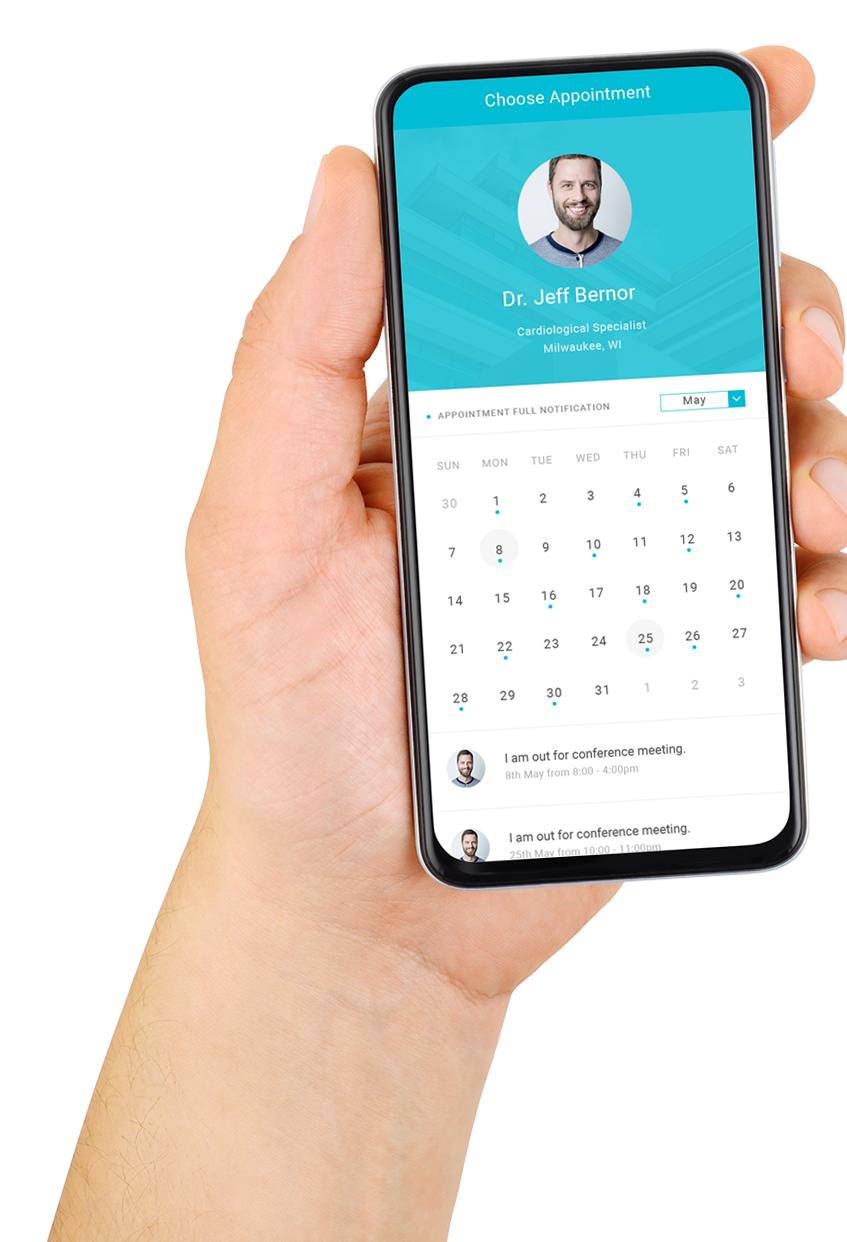Equipping healthcare professionals with the right technology can dramatically improve their care management strategies, from elevating the patient experience to increasing the ease of finding and analyzing health records in order to make the right decision. Learn how Salesforce Health Cloud can be the one instance you need to fully manage the patient experience.
With the advent of patient portals and information online, today’s patients are encouraged to play a greater role in their care management program. It’s no surprise, then, that they want more personalized care. In order to provide the most effective care, doctors, nurses, and other members of the healthcare team can’t afford to be slowed down by outdated office technology.
Salesforce Health Cloud makes personalized care easy by customizing the patient journey, streamlining processes, and offering user-friendly dashboards and comprehensive, secure reporting options. And that’s just the beginning.
Personalizing the Patient Journey
A common frustration of healthcare providers is having siloed data in multiple systems that don’t integrate with one another. This is taxing for office staff who spend much of their time scheduling appointments and looking for records. What should be a simple task, such as checking insurance, may be a lengthy process that involves different systems. There is also a risk of programs taking time to load and programs crashing. This can reduce the number of patients helped and negatively affect the patient experience.
Health Cloud is the ideal care management software, securely housing information all in one spot and eliminating any hassle. Instead of toggling between programs and screens, office staff have access to the information they need in easy-to-navigate dashboards. Staff can quickly gather basic information, such as contact information and communication preferences.
Staff can even set up and receive automated prompts when a patient’s record is accessed. For example, if a patient schedules a routine visit, an alert can be set up showing that the patient is due for an immunization and ask if they would like to schedule that as well. This takes the guesswork out of scheduling, for both patient and providers, and helps the patient stay engaged in their healthcare.
Using workflows, the team can set up email appointment reminders or push notifications via text, streamlining processes for staff and helping patients stay informed. Health Cloud can also personalize the experience by helping staff map the patient journey from the very first touchpoint. For example, if a patient schedules an appointment for a specific concern, such as weight loss, they can be added to a list so they receive emails or mailings about dietary tips or wellness seminars. Using built-in analytics tools, staff can see email engagement. This can help provide enhanced care and help the team better understand what services their patients are interested in.
Unique 360-Degree View of the Patient
Doctors, nurses, and other providers also benefit from a robust care management platform. Studies have shown the average patient visit is only 15 minutes.1 Using siloed care management software platforms, providers may spend a significant amount of the visit pulling up records and capturing data, leaving them less time to focus on patients.
Health Cloud is the ideal solution because it provides a unique 360-degree view of the patient. Instead of toggling multiple systems to find information on one patient, users can view a customized dashboard showing key information. Office staff can see a view of information that is most useful to them: date of last visit, insurance information, and contact information.
Healthcare providers also benefit from this 360-degree view. They can quickly see a patient’s health history, including notes and interactions with other providers, such as pharmacists, physical therapists, and dieticians. This collaboration helps the entire health care team better address the patient’s needs and concerns and create a comprehensive plan of care.
Data analytics
As we noted, providers have limited face time with patients. To maximize that time, they not only need to see health data, but also make decisions for care going forward. This is just as important for "once-a-year” annual-check-up patients as it is for patients who manage chronic conditions that require a more comprehensive care management program.
Health Cloud offers robust reporting options to help doctors see key metrics and trends. Health Cloud can aggregate patient data, providing seamless record management and a more comprehensive health care picture that can help providers deliver even better care. This allows various members of the care team—including nurses, pharmacists, and specialists—to work together toward the goal of optimum patient health.
Secure integration
Health Cloud integrates with electronic health record systems (EHRs), like Epic and Cerner, as well as patient portals, so both patients and providers have secure access to health information. Online portals are popular because they give patients ready access to test results and other PHI, as well as the ability to message their care team. Since patients often reach out to nurses and nurse practitioners first, this makes Health Cloud a valuable nursing care management tool.
To ensure security, administrators can create different user access levels, making the data accessible only to those who need it. Salesforce has always gone to great lengths to ensure data privacy and security, and it’s no different with Health Cloud. Patients can always be assured that their personal health information is protected and HIPAA-compliant.
Penrod’s final take
As a healthcare provider, care management software firmly puts the patient at the center of all that you and your staff do. Using a platform like Salesforce Health Cloud seamlessly connects patients and providers and integrates patient data from a variety of touchpoints. It helps healthcare teams streamline mundane tasks and work more efficiently, so they can spend more time focusing on their patients. This level of care provides the exceptional customer experience patients expect and helps secure long-term trust in your team.


